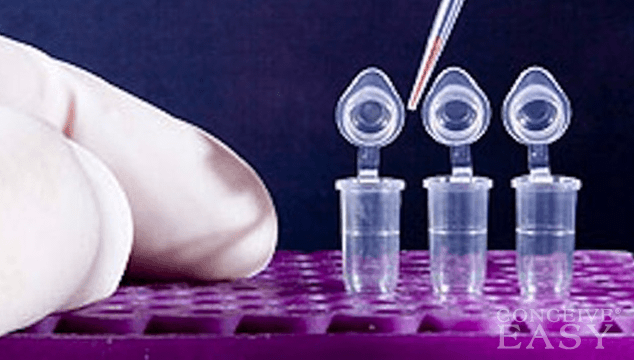If you are pregnant or planning to become pregnant, chances are you are already accustomed to various screenings and tests. If you are not, you will be before too long, that is for sure. However, many women are unsure about genetic testing before and during pregnancy. The purpose of this article is to inform and educate you about genetic testing so that you will not be in the dark. Claim Your 20 Free Pregnancy Tests – Click Here
In a nutshell, genetic testing is a way to screen for potential diseases and complications that might be present. If genetic testing is done before you get pregnant, it is a good way to learn about which diseases your baby to be might inherit from both you and your partner’s families. If you are already pregnant, genetic testing is a way to screen for potential issues that might already be present in your unborn baby. However, remember that genetic testing is optional and there have been cases of ‘false positives’ that you should be aware of.

Genetic testing is done via blood tests and screens for abnormal genes to look for potential problems. There are several different reasons that you or your doctor might suggest that you undergo genetic testing. If you are an older mom, usually over 35, your baby will be at an increased risk of birth defects or problems, than your doctor might suggest genetic testing. If you already have a child with a genetic birth defect, or you have already experienced several miscarriages or stillbirths in the past, you might be a good candidate for genetic testing. Some other reasons that doctors might suggest that you have genetic tests done are if you have a family member that has a genetic birth defect, or your ethnic background puts you at an increased risk for a problem.

There are several ways in which genetic testing might be done. The most common of course, are simple blood tests and ultrasounds. However, further genetic tests might need to be done, such as an amniocentesis or DNA tests from a sample of the baby’s tissue. Sometimes doctors need to use blood from the umbilical cord for testing or even samples of tissue from the placenta. Through these tests, doctors will be able to tell you if your baby is at risk for several genetic birth defects or diseases. Some of the genetic diseases that doctors can test for include Cystic Fibrosis, Sickle Cell Disease, and Fragile X Syndrome, among many others.

Some couples opt to have genetic testing done before pregnancy to see if their potential baby would be at risk for any genetic issues or diseases. Other couples who have genetic testing done during pregnancy can find out if there is a chance of their baby having any potential problems. The tests will let you know if you or your partner carriers of a certain disease. If both of you are carriers, your baby has around a 25% chance of developing the disease that you are both carriers of. If you and your partner are both carriers of a certain disease, you will probably see a genetic counselor to discuss your options and how to best proceed.
But remember, with every aspect of genetic testing, whether done on the baby in-utero or on the parents-to-be before pregnancy, there are an alarming number of ‘false positives’ as well as various degrees of positive. So do your research to decide if you are in need of this kind of genetic testing, and remember that it is always 100% optional and at your discretion.










Comments